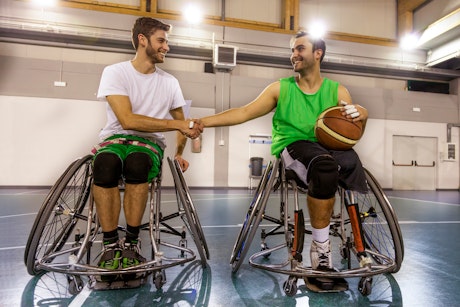
Sports and Recreation
Participating in sports and recreational activities helps you be active and connected to your community.
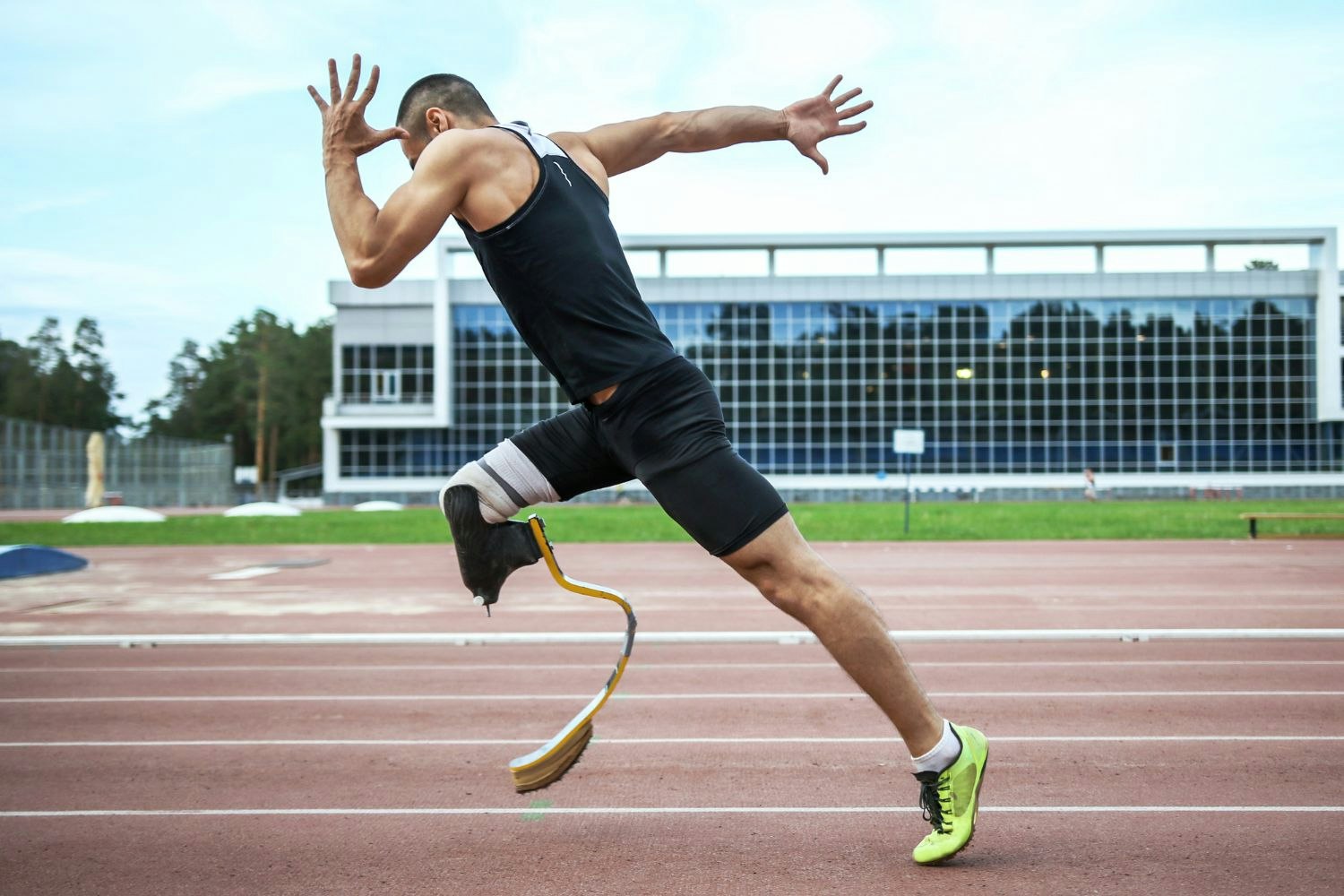
Living with a disability doesn’t need to impact your love of sport or getting out and about. The articles below will help you with finding information about sport, recreation and keeping fit.
There are a number of professionals who can help you work through the different aspects of NDIS funding and recreational options so you can find the opportunities you’re interested in.

Participating in sports and recreational activities helps you be active and connected to your community.
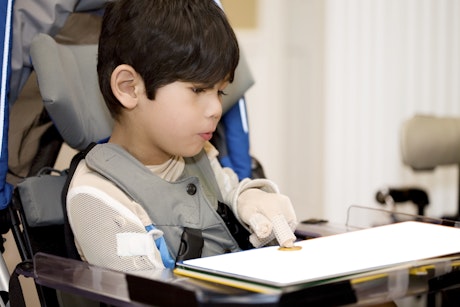
Different types of technology can offer a lot of support to people living with disability.
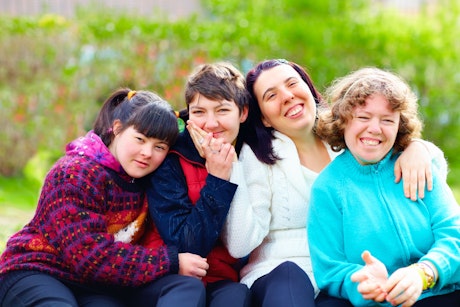
Being social and active in your community helps you to remain connected and is good for your wellbeing.
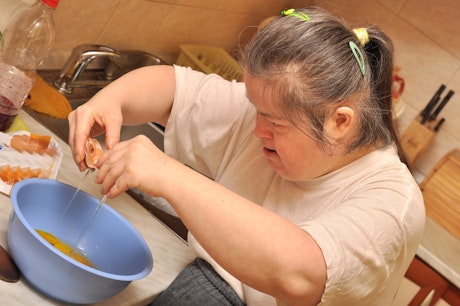
Services to teach you skills to help make choices in your everyday life and to participate in the day to day activities of your home.

Physiotherapists work closely with their patients to help them feel better across a number of ailments. They assess, diagnose, treat and prevent a range of health conditions through massage, stretching and exercises.
Here you’ll find a selection of other information articles related to sport, recreation and NDIS funding that have been published on Disability Support Guide to help you find what you’re looking for and understand how funding works.
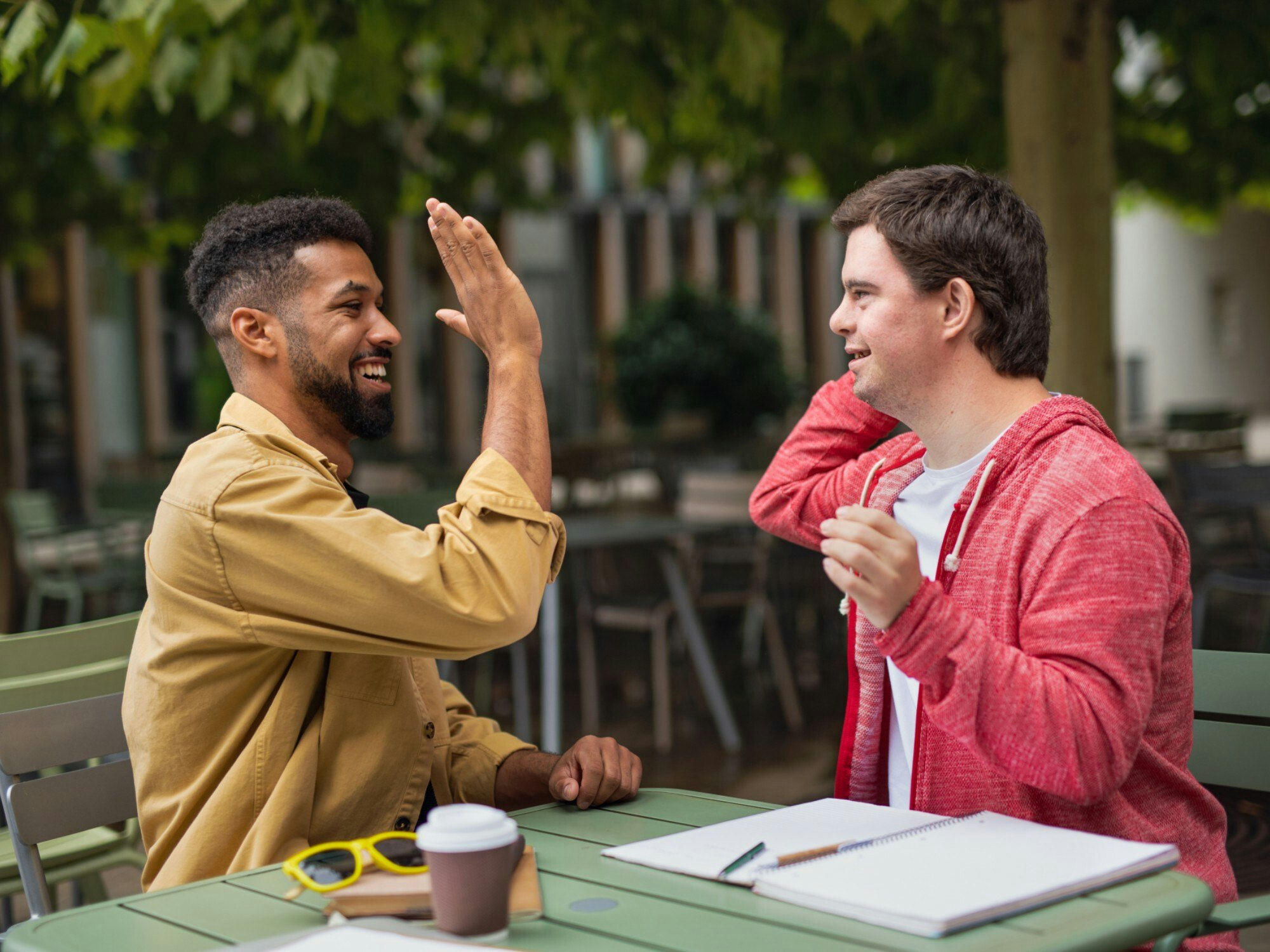
The challenges and demands of disability can change as you go through life’s different stages.

Psychosocial recovery coaches help people with psychosocial disability to live a fulfilling life.

People with agoraphobia may find that the pandemic normalised a very serious condition, with many people who have a social phobia actively trying to overcome feelings of isolation.

One is something you may experience during life, but the other will last a lifetime.
Australians of all ages, including those with a disability, are encouraged to be active to stay healthy. However, statistics show that those with a disability do not get enough physical activity compared to those without one.
Recreational activities, including sport, are an important part of community inclusion and can offer the opportunity to develop social connections as well. The NDIS may provide funding to remove any barriers for you to participate in sports and recreational activities.
Under the new 15 categories of supports that are not funded by the NDIS, recreational or professional sport may not be considered an NDIS support, but it is important to check with the NDIA to see whether you can apply for a ‘replacement support.’
Despite living with a disability, there are still heaps of activities and sports that you can try. There are lots of different sports that can be adapted if you have a disability or you could participate in depending on what your interests are.
Staying active during winter is an important part of staying healthy as physical activity keeps your body functioning as well as possible. Don’t let the cold weather put you off getting your heart rate up!
Even though Australia is not known for snow or ice, winter sports are still popular across the country at ice skating rinks and snowfields. Adaptive sports programs allow people with disability to find an activity that is accessible for them and there is a range of these adaptive options in winter sports.
Limited mobility or the regular use of a wheelchair doesn’t mean you aren’t able to give exercise or sport a go. Depending on what your goals are, there are heaps of different types of exercises ranging from strength to cardio that you can try.
Proving that a disability doesn’t have to hold you back in chasing the sporting dream, 28-year-old Natalie is waiting to find out if she will be selected for the 2021 Tokyo Paralympic Games. Her journey started when she was in primary school, with a local organisation called Rebound WA.